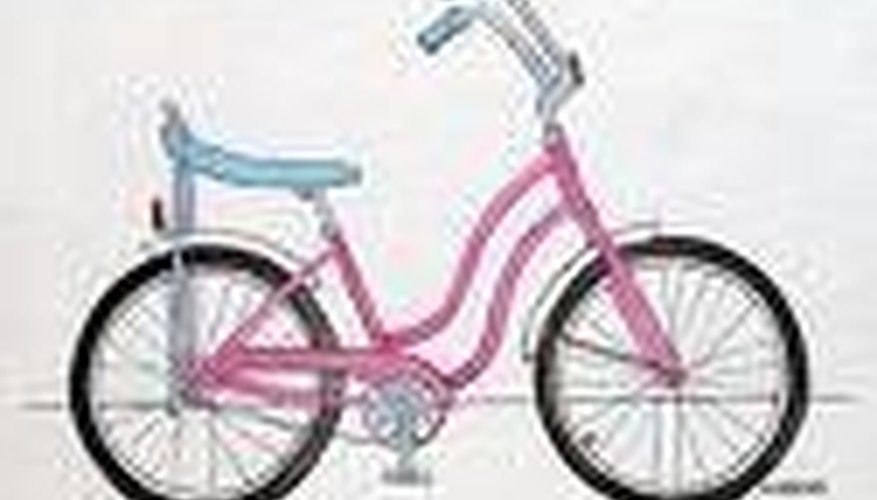
Bicycling has been a beloved American past time since the late 1800s. Styles of bicycles have evolved over time to best suit the needs and comfort of their riders. Here are some facts regarding the banana seat bikes including how the seats were invented and their impact on the sport of bicycling today.
The First Bicycles
The very first bicycle was invented in 1817 by Baron von Drais. This bicycle was was similar in body to what we know today; however, it was missing a key element: no pedals. The bicycle seat itself was made of wood and not built for long term comfort. It wouldn't be until 1885 when an Englishman named John Kemp Starley created a comfortable "saddle"-shaped seat.
The Advent of the Banana Seat
Bikes with the banana seat, as it came to be known, were first produced in 1963 by the Schwinn company. The Schwinn "Sting Ray" had the banana seat and high-rise handlebars giving it the look of a "chopper" motorcycle and was an instant hit for the company. The long, padded seat meant a more comfortable ride, and it could accommodate more than one rider.
The Fall in Popularity of the Banana Seat
Banana seat bikes remained the top seller for companies such as Schwinn, Huffy and Sears through the 1960s and well into the 1970s. In the late 1970s, bicycle enthusiasts in California began to modify bike models for off-road use and trick performance. This lead to the rise of BMX and mountain biking where smaller, lighter bike frames, wheels and seats were necessary for an optimum ride.
The Resurrection of the Banana Seat Bike
Banana seat bikes are enjoying a resurgence in popularity from baby boomers looking to recapture their youth and collectors of vintage products. A look at an online auction site such as eBay verifies a rising trend and, along with it, rising profits. A vintage banana seat bicycle in good condition can bring hundreds of dollars at auction.
Expert Insight
If you are looking for a banana seat bike from the 1960s or 1970s the best place to start is by doing some research before you buy. Take a look at online auction sites and forums to learn pricing and restoration information. When it comes time to buy, look around at neighborhood garage sales and flea markets first. It could save you money in shipping fees alone.
Writer Bio
Karla Kearney has been writing full time since 2005. She has a Bachelor's degree in psychology and is completing a Master's degree in conflict resolution, as well as certification in nonviolent communication and family mediation. She enjoys writing articles of interest to parents and wellness enthusiasts.



